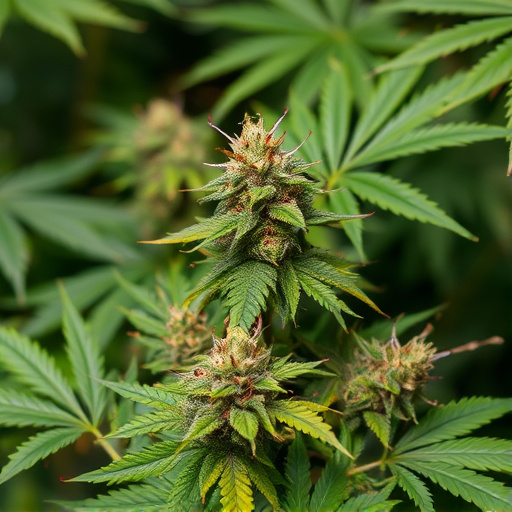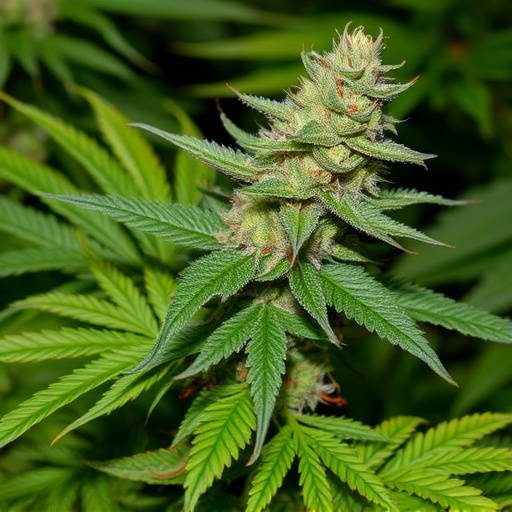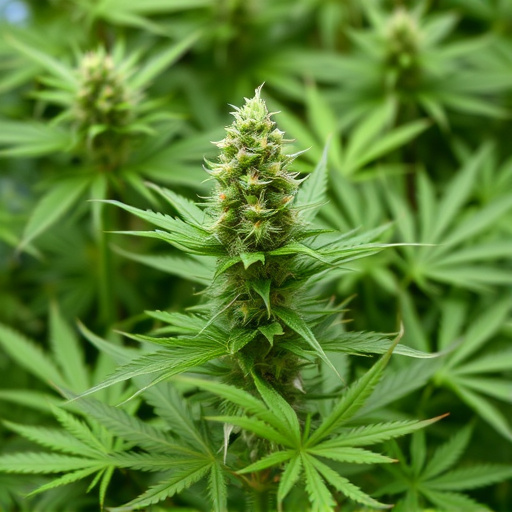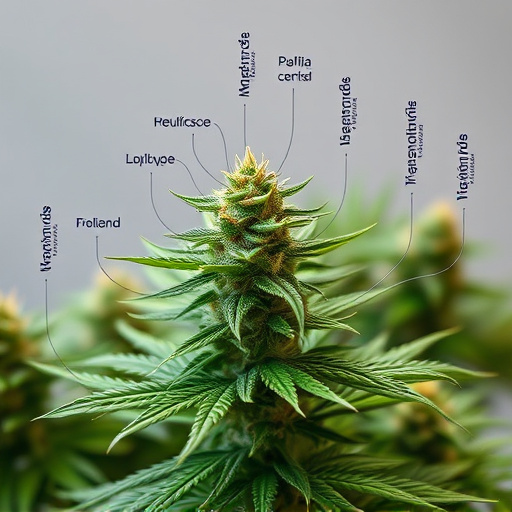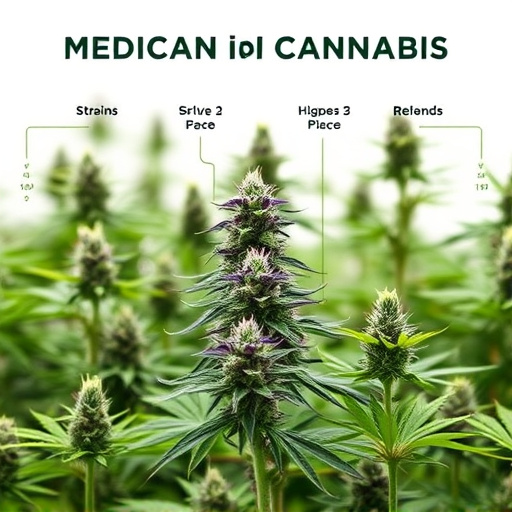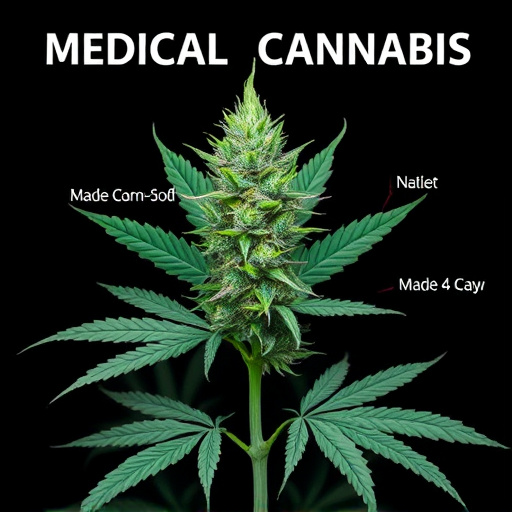Smoking weed or using medical cannabis has immediate effects like heightened senses, increased appetite, and altered time perception, but regular use can lead to long-term cognitive impairments, particularly in adolescents and young adults. High THC strains may exacerbate these issues. Respiratory health is also at risk due to lung irritation from smoking, potentially increasing the likelihood of COPD and other conditions. Understanding different strains and practicing responsible consumption are crucial to mitigating these risks.
“Smoking weed, while often viewed as a recreational activity, carries a range of side effects, especially when considering long-term use. From mental impairment and respiratory issues to potential mental health risks and social implications, understanding the impact of medical cannabis is crucial. This article explores the short-term and long-term consequences of consuming different strains of medical cannabis, shedding light on its effects on cognitive function, lung health, mental stability, and daily life.”
- Short-Term Effects of Smoking Weed
- – Mental Impairment and Cognitive Function
- – Respiratory Issues and Lungs Health
Short-Term Effects of Smoking Weed
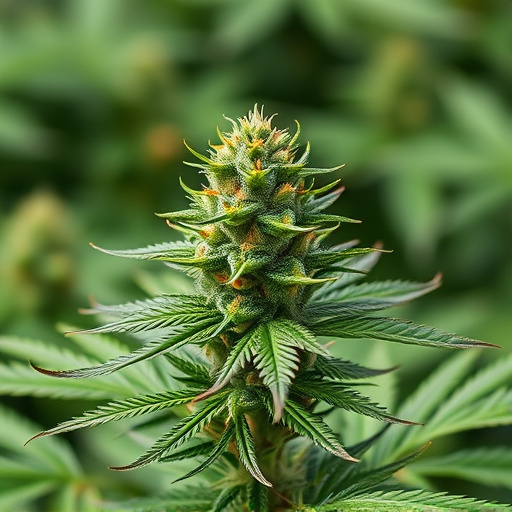
Smoking weed, or consuming medical cannabis in various forms, can have both immediate and long-term effects on an individual’s health and well-being. In the short term, users may experience heightened sensory perception, increased appetite, relaxation, and altered time perception. These effects are often sought after by those who use strains of medical cannabis for recreational purposes or to manage specific symptoms. However, they can also lead to temporary issues such as dizziness, anxiety, and memory lapses.
The short-term impacts may vary depending on the strain of medical cannabis consumed, individual tolerance, and overall health status. Some strains are known to induce more intense euphoria and cognitive alterations, while others provide a calmer, more relaxing high. Regardless of the specific effects, it’s important for users to be aware that these changes can affect their ability to perform tasks requiring concentration and coordination.
– Mental Impairment and Cognitive Function

Smoking weed, or using medical cannabis, can have significant impacts on mental impairment and cognitive function, especially in frequent users. Research has shown that regular marijuana use may impair short-term memory, attention, and motor skills. These effects are often more pronounced in adolescents and young adults whose brains are still developing. Studies suggest that certain strains of medical cannabis, known for their high THC (tetrahydrocannabinol) content, can exacerbate these issues due to the compound’s direct influence on brain chemistry.
The cognitive impacts extend beyond immediate usage, as some users report persistent difficulties in concentration and memory retention even after stopping consumption. This phenomenon is particularly concerning among individuals who use marijuana for recreational purposes or those trying it for medical reasons without proper guidance. It’s important to note that the effects can vary widely depending on factors like strain composition, dosage, frequency of use, and individual tolerance levels.
– Respiratory Issues and Lungs Health

Smoking weed, or medical cannabis, can have adverse effects on respiratory health and lung function. The act of inhaling smoke irritates the delicate lining of the airways, leading to coughing, wheezing, and a heightened risk of infections such as bronchitis and pneumonia. Over time, regular use may result in chronic obstructive pulmonary disease (COPD), making breathing increasingly difficult. This is particularly concerning for individuals with pre-existing respiratory conditions or those who are genetically predisposed to lung issues.
Unlike tobacco smoke, which contains numerous harmful chemicals, the smoke from medical cannabis strains typically has a higher moisture content, which can somewhat mitigate some of these risks. However, the active compounds in cannabis smoke, including THC and other cannabinoids, still cause inflammation and damage to the lungs. Studies suggest that the respiratory impacts may be more pronounced with frequent, heavy use, highlighting the importance of responsible consumption and exploring alternative administration methods when possible.
While the potential benefits of certain strains of medical cannabis have been explored, it’s crucial to weigh these against the side effects. Short-term usage can impact cognitive function and lung health, highlighting the need for careful consideration. As with any substance, understanding the risks is essential before incorporating medical cannabis into one’s routine.


